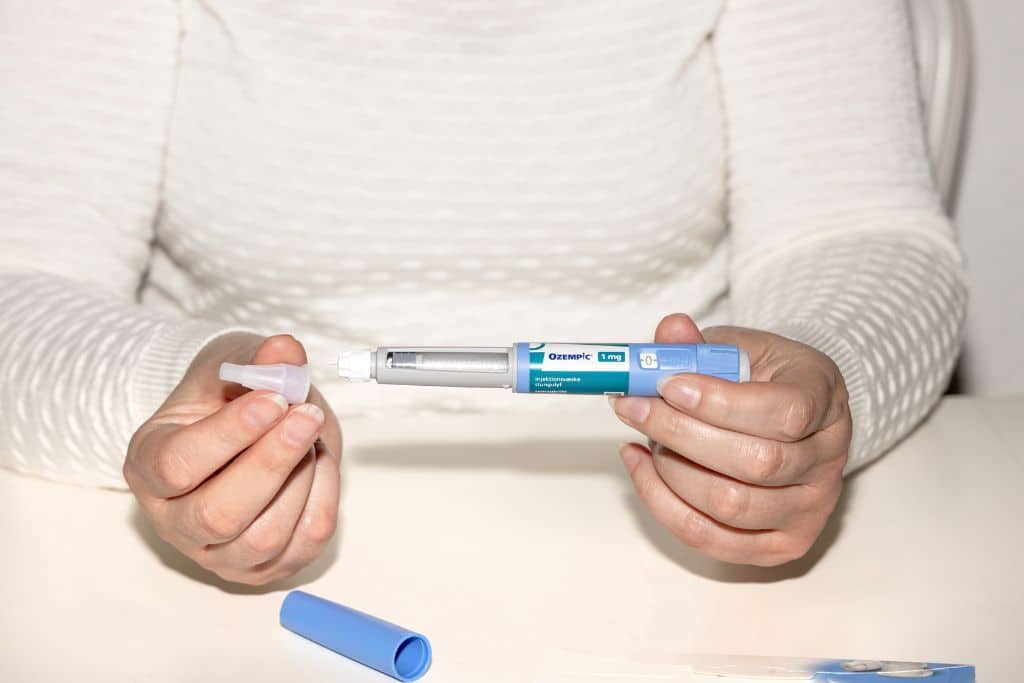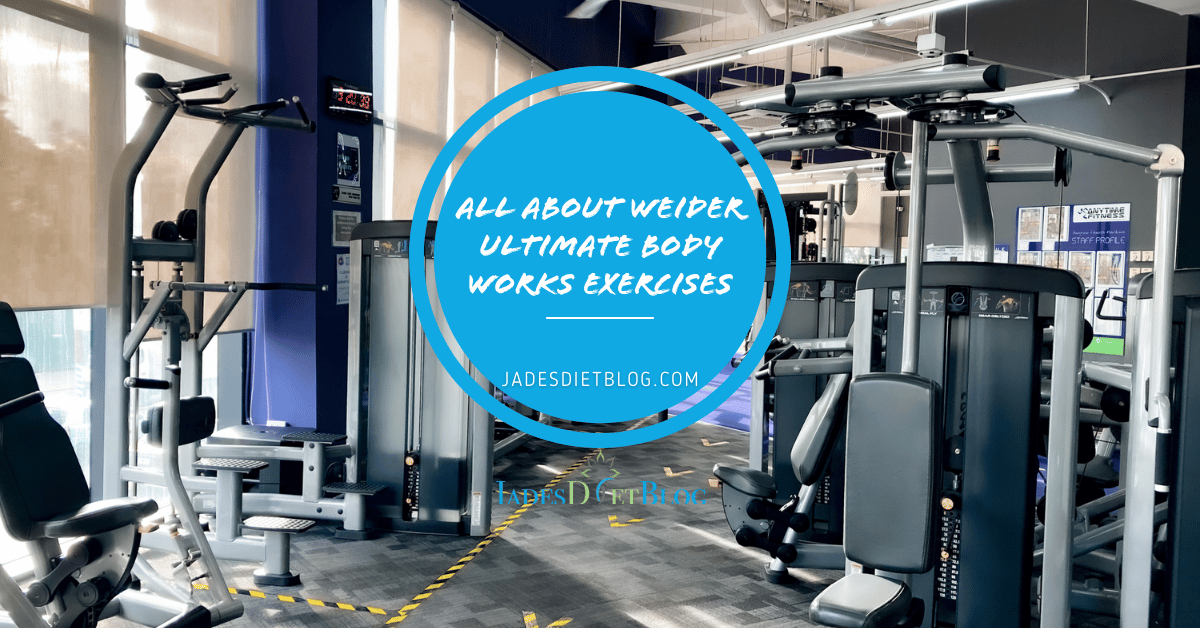After a strenuous workout, it is common to feel exhausted and ready for a nap. But why does this happen? Is it normal to feel sleepy after exercising? In this article, we will explore the reasons behind post-workout fatigue and how our bodies use energy during a workout.
When we engage in physical activity, our bodies use energy to fuel our muscles and movements. This energy comes from the food we eat and is stored in the form of glycogen in our muscles and liver. During a workout, our muscles use glycogen as fuel, and this process can deplete our glycogen stores. When our glycogen levels are low, our muscles can become fatigued, leading to that exhausted feeling after a workout.In addition to using glycogen for energy, our bodies also produce lactic acid during exercise. Lactic acid is a byproduct of the process our muscles use to generate energy without oxygen, and it can build up in our muscles during intense or prolonged exercise. This build-up of lactic acid can cause muscle fatigue and soreness, contributing to that tired feeling after a workout.
Another factor that can contribute to post-workout fatigue is the release of hormones during exercise. When we engage in physical activity, our bodies release hormones such as adrenaline and cortisol. These hormones can give us a temporary boost of energy and alertness, but they can also cause our bodies to crash and feel tired once they start to wear off.
Overall, feeling sleepy after a workout is a normal and natural response to the physical demands we place on our bodies during exercise. By understanding how our bodies use energy and produce fatigue-causing substances, we can better understand why we feel tired after a workout and take steps to manage and prevent post-workout fatigue.
Contents
The Benefits of Working Out
In addition to making us feel sleepy, regular physical activity has many benefits for our bodies. Regular workouts can improve our overall health and well-being, and can even help prevent chronic diseases.One of the key benefits of working out is that it can improve our cardiovascular health. When we engage in physical activity, our heart rate and blood flow increase, which can help to improve the function of our heart and blood vessels. This can help to reduce our risk of heart disease, high blood pressure, and other cardiovascular conditions.
In addition to improving our heart health, regular physical activity can also help to boost our mood and mental well-being. Exercise can release chemicals in our brains that help to improve our mood and reduce feelings of stress and anxiety. This can help to improve our mental health and overall sense of well-being.
Regular physical activity can also help to improve our muscle strength and endurance. As we exercise, our muscles adapt and become stronger, which can help us to perform daily tasks more easily and improve our overall fitness level.
Overall, the benefits of regular physical activity are numerous and can have a positive impact on our overall health and well-being. Whether we enjoy going for a run, hitting the gym, or simply taking a walk, incorporating physical activity into our daily routines can help to improve our physical and mental health.

In addition to regular physical activity, what we eat can also have a significant impact on our workout performance and overall health. Proper nutrition is essential for fueling our bodies and supporting muscle growth and repair.
Before a workout, it is important to fuel our bodies with the right mix of nutrients to provide energy and support our muscles. This can include complex carbohydrates, such as whole grains and fruits, as well as lean proteins, such as chicken or fish. Eating a balanced meal before a workout can help to sustain our energy levels and support our muscles during physical activity.
After a workout, it is also important to eat the right foods to support muscle recovery and repair. Consuming protein after a workout can help to rebuild and repair damaged muscle tissue, leading to stronger muscles and improved performance. In addition to protein, it is also important to rehydrate with fluids, such as water or sports drinks, to replace any fluids lost through sweat during exercise.
Overall, eating a balanced and nutritious diet is essential for supporting our bodies during physical activity and promoting overall health. By fueling our bodies with the right mix of nutrients, we can optimize our workout performance and support our muscles to recover and grow.
Feeling Energized After a Workout
While it is common to feel tired after a workout, many people also report feeling energized and invigorated after physical activity. So why do some people feel energized after a workout, while others feel tired?One factor that can affect how we feel after a workout is the intensity of the physical activity. Higher-intensity workouts, such as running or HIIT, can provide a temporary boost of energy and alertness, leading to that energized feeling after exercising. On the other hand, lower-intensity workouts, such as yoga or gentle stretching, can be more relaxing and may not provide the same energy boost.
Another factor that can affect how we feel after a workout is the quality of our sleep. Getting enough quality sleep is essential for maintaining our energy levels and overall health. If we are not getting enough sleep, we may feel more tired after a workout, even if the physical activity was not particularly intense.
In addition to the intensity of the workout and the quality of our sleep, our overall health and fitness level can also affect how we feel after exercising. If we are generally healthy and fit, we may be able to tolerate higher-intensity workouts and still feel energized afterwards. On the other hand, if we are not as fit or healthy, we may feel more tired after a workout, even at lower intensities.
Overall, there are many factors that can affect how we feel after a workout. By understanding these factors and taking steps to maintain our health and fitness, we can maximize the energizing effects of physical activity and feel our best.

Managing Post-Workout Fatigue
While feeling tired after a workout is a normal and natural response to physical activity, excessive fatigue can be a sign of overtraining or underlying health issues. If we consistently feel exhausted after exercising, it is important to take steps to manage and prevent post-workout fatigue.
One way to manage post-workout fatigue is to listen to our bodies and adjust our workout routines accordingly. If we consistently feel exhausted after exercising, it may be necessary to reduce the intensity or duration of our workouts to allow our bodies to recover. In addition, it is important to vary our workouts and include a mix of aerobic and strength training to avoid overuse injuries and promote overall fitness.
Another way to manage post-workout fatigue is to focus on proper nutrition and hydration. As discussed earlier, eating a balanced diet and rehydrating after a workout can support muscle recovery and prevent fatigue. It is also important to eat enough calories to support our energy needs, as under-fueling can lead to fatigue and poor performance.
In addition to adjusting our workouts and focusing on proper nutrition, it is also important to prioritize sleep and manage stress. Getting enough quality sleep can help to restore our energy levels and support our overall health. In addition, managing stress and practicing relaxation techniques, such as meditation or deep breathing, can help to prevent fatigue and promote overall well-being.
Overall, post-workout fatigue is a common and natural response to physical activity. By listening to our bodies, focusing on proper nutrition and hydration, and prioritizing sleep and stress management, we can manage and prevent excessive fatigue and maintain our overall health and fitness.
The Pros of Feeling Sleepy After a Workout
While feeling tired after a workout may not seem like a positive experience, there are actually some benefits to post-workout fatigue. In this section, we will explore the pros of feeling sleepy after exercising.One of the pros of feeling sleepy after a workout is that it can be a sign that we have pushed our bodies and challenged our muscles. When we engage in physical activity, our muscles use glycogen as fuel and produce lactic acid as a byproduct. These processes can lead to muscle fatigue and that exhausted feeling after a workout. In other words, feeling sleepy after a workout can be a sign that we have worked our muscles hard and challenged our bodies.
Another pro of feeling sleepy after a workout is that it can promote better sleep at night. Exercise has been shown to improve the quality of our sleep and help us to fall asleep faster. By feeling tired after a workout, we may be more likely to go to bed earlier and get a full night of restorative sleep.
In addition to promoting better sleep, feeling sleepy after a workout can also help to reduce stress and improve our overall mood. As discussed earlier, exercise can release chemicals in our brains that help to improve our mood and reduce feelings of stress and anxiety. By feeling tired after a workout, we may be more likely to relax and unwind, leading to better mental health and well-being.
Overall, while feeling sleepy after a workout may not be the most enjoyable experience, there are actually some pros to post-workout fatigue. By understanding the benefits of feeling tired after exercising, we can better appreciate this natural response and take steps to manage and prevent excessive fatigue.
Medical Causes of Post-Workout Fatigue
While feeling sleepy after a workout is a normal and natural response to physical activity, in some cases, excessive fatigue may be a sign of an underlying medical condition. In this section, we will explore some of the medical causes of post-workout fatigue.
One medical condition that can cause post-workout fatigue is anemia. Anemia is a condition in which the body does not have enough healthy red blood cells to carry oxygen to the tissues. This can lead to feelings of fatigue and weakness, even after low-intensity exercise. Anemia is typically treated with iron supplements, and improving iron levels can help to reduce fatigue and improve overall health.
Another medical condition that can cause post-workout fatigue is chronic fatigue syndrome (CFS). CFS is a complex disorder characterized by extreme fatigue that is not improved by rest. This condition can be caused by a variety of factors, including viral infections, hormonal imbalances, and immune system dysfunction. CFS can be difficult to diagnose and treat, and treatment may involve a combination of medications, therapy, and lifestyle changes.
In addition to anemia and CFS, there are other medical conditions that can cause post-workout fatigue. For example, sleep disorders, such as insomnia or sleep apnea, can interfere with the quality of our sleep and lead to feelings of fatigue during the day. Thyroid disorders, such as hypothyroidism, can also cause fatigue and weakness, even after low-intensity exercise.Overall, while post-workout fatigue is often a normal and natural response to physical activity, in some cases, it may be a sign of an underlying medical condition. If we consistently feel exhausted after exercising, it is important to speak with a healthcare provider to determine the cause and receive appropriate treatment.

How the Body Uses Energy During a Workout
In order to understand why we feel sleepy after a workout, it is important to understand how our bodies use energy during physical activity. In this section, we will explore how our bodies use energy to fuel our muscles and movements, and how this process can lead to muscle fatigue and post-workout sleepiness.
When we engage in physical activity, our muscles use energy to power our movements. This energy comes from the food we eat and is stored in the form of glycogen in our muscles and liver. During a workout, our muscles use glycogen as fuel, and this process can deplete our glycogen stores. When our glycogen levels are low, our muscles can become fatigued, leading to that exhausted feeling after a workout.
In addition to using glycogen for energy, our bodies also produce lactic acid during exercise. Lactic acid is a byproduct of the process our muscles use to generate energy without oxygen, and it can build up in our muscles during intense or prolonged exercise. This build-up of lactic acid can cause muscle fatigue and soreness, contributing to that tired feeling after a workout.
In order to support our muscles during a workout, our bodies also increase blood flow to the muscles. This increased blood flow can help to deliver oxygen and nutrients to the muscles, supporting their function and performance. At the same time, our hearts must work harder to pump blood and oxygen to the muscles, which can lead to an increased heart rate and a temporary boost of energy and alertness.
Overall, our bodies use a complex process to generate energy and support our muscles during a workout. By understanding this process, we can better understand why we feel sleepy after exercising and take steps to manage and prevent post-workout fatigue.






